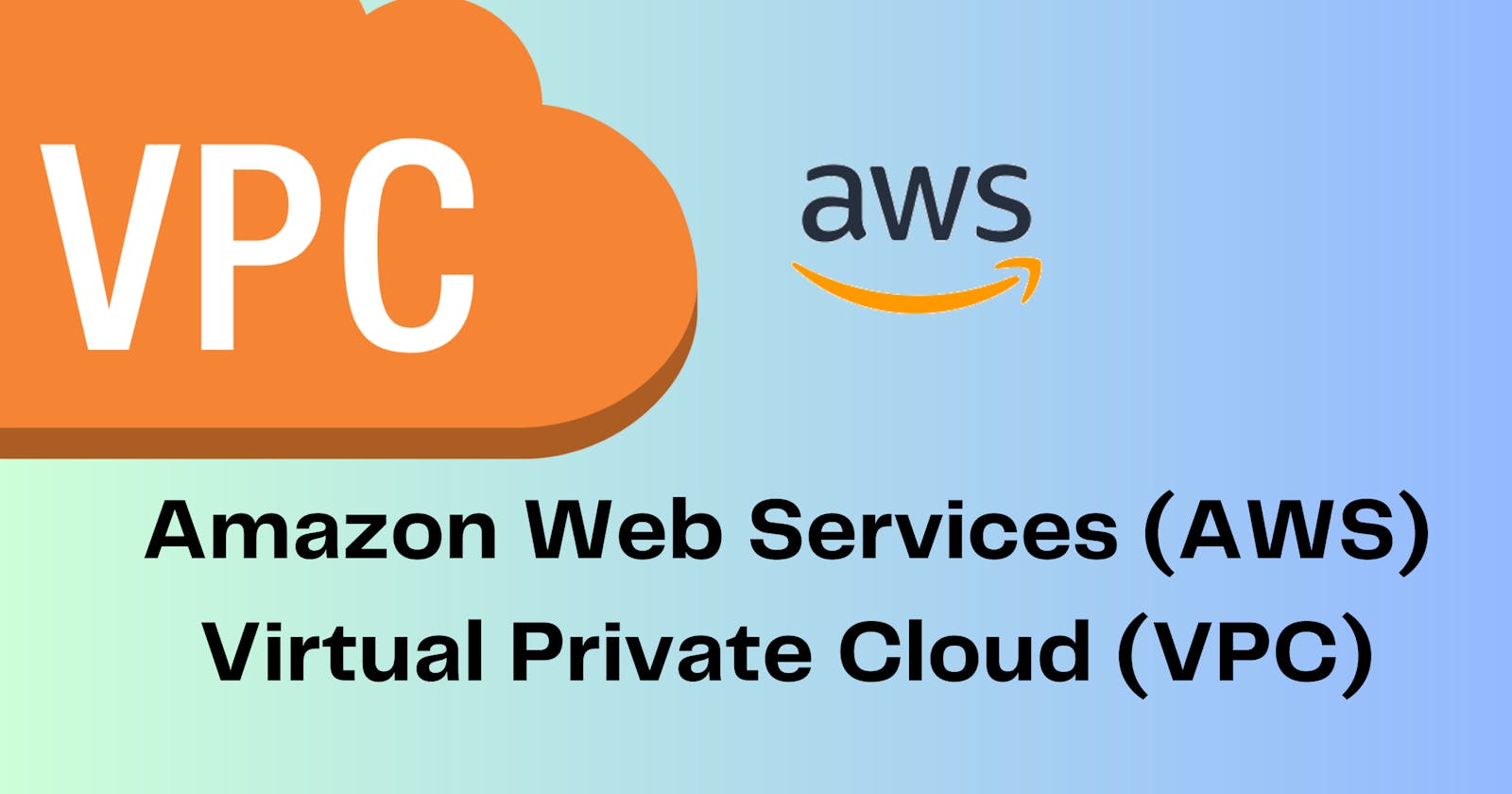Amazon Web Services (AWS) Virtual Private Cloud (VPC) is a service that enables you to launch Amazon Elastic Compute Cloud (EC2) instances, Amazon Relational Database Service (RDS) instances, and other AWS resources in a virtual network that you define. This allows you to have complete control over your virtual network infrastructure. In this blog, we will discuss AWS VPC in detail, including its features, benefits, and use cases.
What is AWS VPC?
AWS VPC is a virtual network that enables you to launch and configure AWS resources within a secure and isolated environment. It is a logical representation of your own data center in the cloud. AWS VPC allows you to create a virtual network that is logically isolated from other networks in AWS or on-premises. You can create subnets, route tables, and network gateways to control network traffic within your VPC.

Features of AWS VPC
AWS VPC has several features that make it a powerful tool for managing your virtual network infrastructure:
Customizable Networking: AWS VPC allows you to customize your network settings, including IP addresses, subnets, routing tables, and network gateways.
Secure: AWS VPC provides a secure environment for your AWS resources. You can control access to your VPC using security groups and network access control lists (ACLs).
Scalable: AWS VPC is designed to scale with your business needs. You can add or remove resources as needed, without affecting the rest of your network.
Connectivity Options: AWS VPC provides several connectivity options to connect your VPC to other networks, including AWS Direct Connect, VPN, and VPC Peering.
Integration with Other AWS Services: AWS VPC integrates with other AWS services, including Amazon EC2, Amazon RDS, Amazon S3, and Amazon DynamoDB.
Benefits of AWS VPC
AWS VPC offers several benefits to businesses that need to manage their network infrastructure in the cloud:
Increased Security: AWS VPC provides a secure environment for your AWS resources, helping to protect your data and applications from unauthorized access.
Flexibility: AWS VPC is highly customizable, allowing you to configure your network settings to meet your specific business needs.
Cost Savings: AWS VPC can help you reduce costs by providing a scalable infrastructure that can grow and shrink with your business needs.
Ease of Management: AWS VPC is easy to manage, with a user-friendly web-based console and APIs that enable you to automate network management tasks.
Use Cases for AWS VPC
AWS VPC is used by businesses of all sizes to manage their network infrastructure in the cloud. Here are a few use cases for AWS VPC:
Web Hosting: AWS VPC can be used to host websites and web applications in a secure and scalable environment.
Big Data: AWS VPC can be used to create a secure and isolated environment for big data processing using services like Amazon EMR and Amazon Redshift.
Hybrid Cloud: AWS VPC can be used to connect on-premises data centers to the cloud using VPN or AWS Direct Connect.
Multi-Tier Applications: AWS VPC can be used to deploy multi-tier applications with different levels of security and isolation.
Conclusion
AWS VPC is a powerful tool for managing your network infrastructure in the cloud. It provides a secure and customizable environment for your AWS resources, with several connectivity options to connect your VPC to other networks. With its flexibility, scalability, and ease of management, AWS VPC is a great choice for businesses of all sizes that need to manage their network infrastructure in the cloud.
Thank you for reading this blog and if any queries or if any corrections to be done in this blog please let me know.
contact us in Linkedin ,Twitter or email-id gurucharanu716@gmail.com
